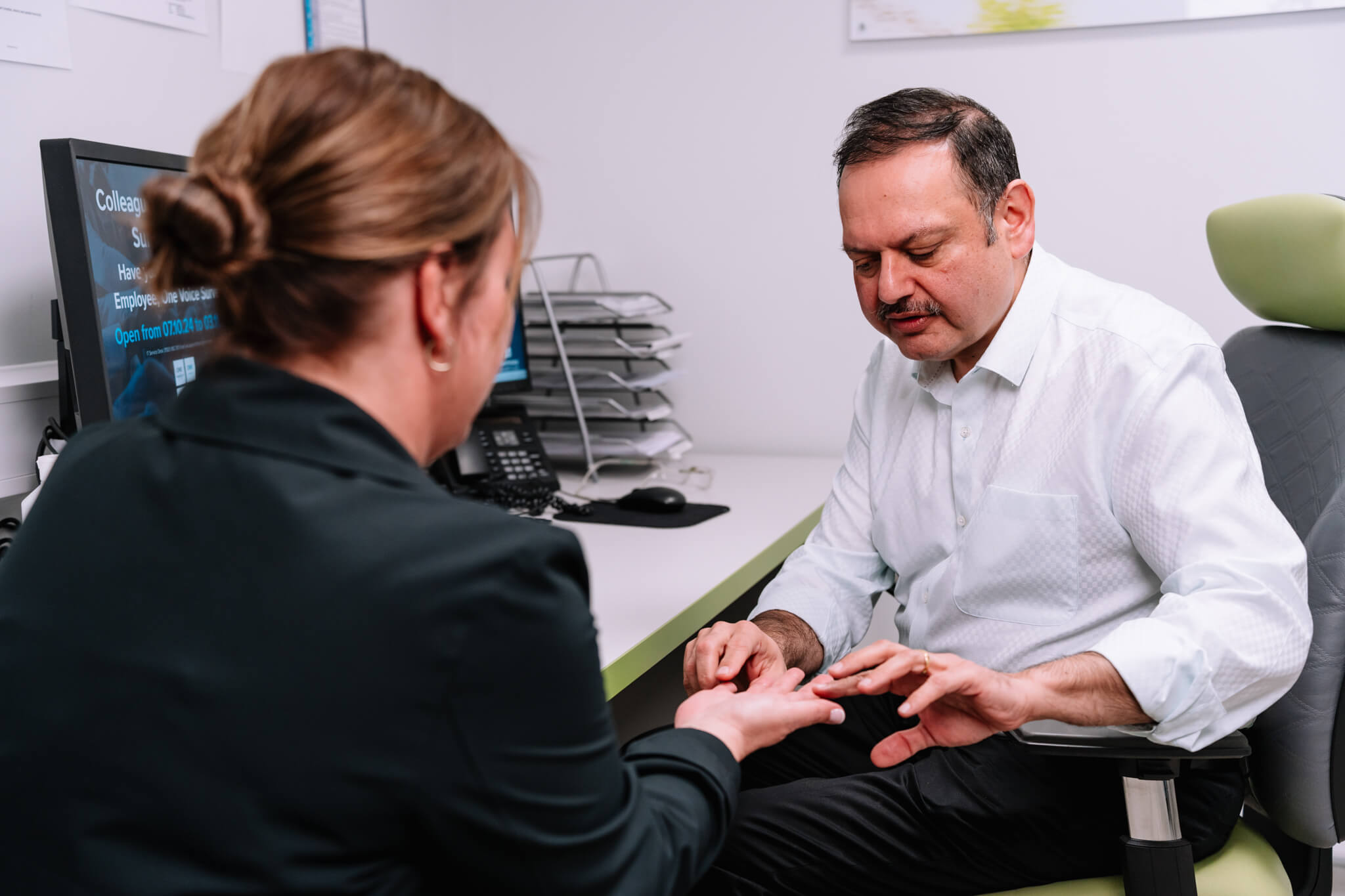Rivers Hospital Specialists
-
Dr J Bridgewater
Dr John Bridgewater is a Consultant Oncologist specialising in gastrointestinal cancers in Hertfordshire
Read more -
Dr Venkatesh Gajapathy
Dr Venkatesh Gajapathy is a Consultant Oncologist in Essex and Hertfordshire
Read more -
Dr Apostolos Konstantis
Dr Apostolos Konstantis is a Consultant in Medical Oncology in Sawbridgeworth, Hertfordshire who specialises in breast cancer.
Read more -
Dr MB Mukesh
Dr. M B Mukesh is a cancer specialist in Essex and Hertfordshire dealing with breast cancer, skin cancer including malignant melanoma, ovarian cancer, carcinoma of unknown primary and pancreatic / gastric cancers.
Read more -
-
Dr Sunil Skaria
Dr Sunil Skaria is a Consultant Oncologist in Essex and Hertfordshire specialising in lung, breast and skin cancer.
Read more -


